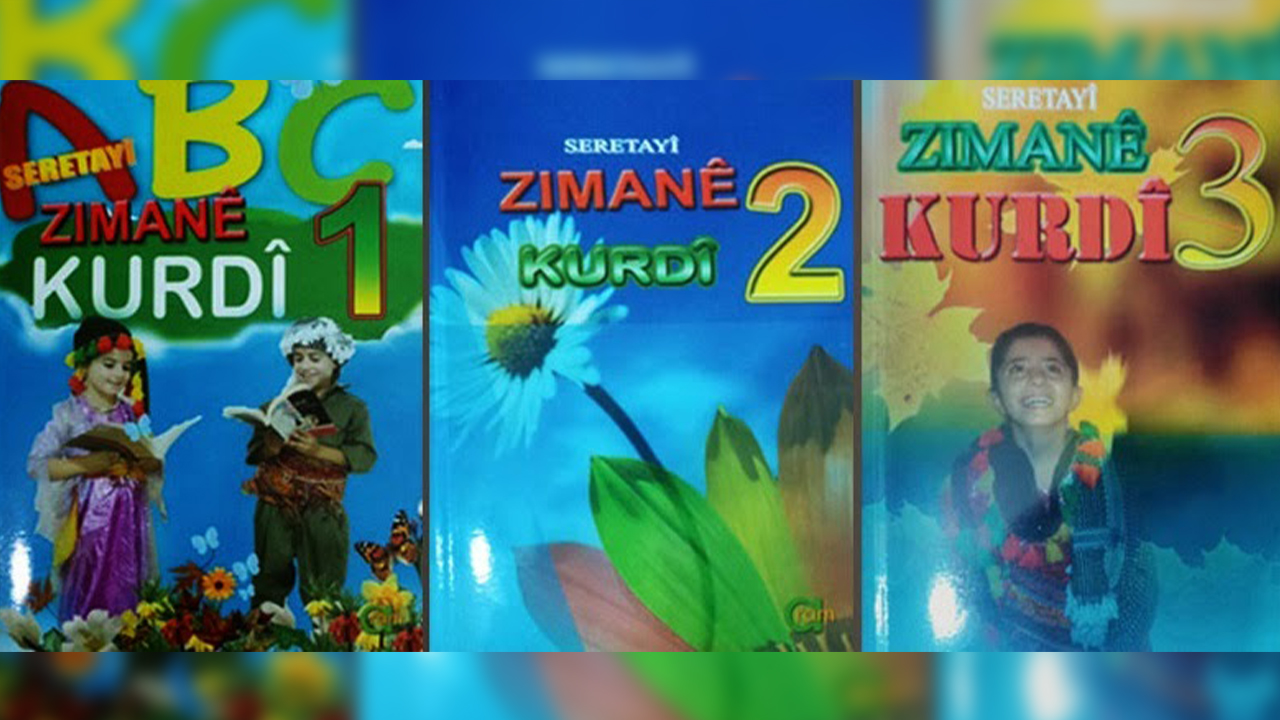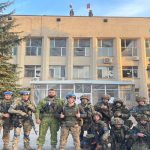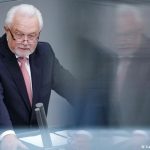PEN International, a worldwide association of writers, has accepted two proposals regarding the Kurdish language during its 88th congress held in Uppsala, Sweden on Friday.
One of the proposals was for teaching in Kurdish to be offered in Turkey’s education system, a step that is widely supported by Kurdish activists in relation to right to mother tongue.
The other proposal accepted is also related to the rights of Kurds living in Turkey and in Iran and came at a time Iran has been rocked by waves of protests that were sparked in the wake of the death of a 22-year-old Kurdish girl after being arrested by the country’s morality police.
Bêrîvan Doskî, the honorary president of the Kurdish Centre (Navenda PENa Kurd), said in a radio interview that by adopting these proposals, PEN International had provided an important basis for the struggle against efforts to ignore the Kurdish language and against the assimilation policies targeting Kurdish people.
Serkan Brusk from Kurdish Pen also said in an interview that denying the right to speak Kurdish and teaching in Kurdish was unacceptable.
Meanwhile, Kurdish politician and intellectual Abdullah Hijab also stressed the importance of PEN International’s decision at a time that “Jin, Jiyan, Azadi”, a Kurdish slogan for women’s liberation that means “Woman, Life, Freedom”, has become the symbol of protests in Iran as well as demonstrations of solidarity in other parts of the world.
“This is a step showing that the philosophical dimensions of the Kurdish freedom movement has been realised in practice,” Hijab said.
Kurds make up the fourth largest ethnic group in the Middle East with an estimated population of 25 to 35 million living in Turkey, Syria, Iraq and Iran.
Some 15 to 25 percent of the population in Turkey is also estimated to be Kurds, making them the largest minority group of the Turkish Republic.
Article 42 of Turkey’s Constitution states that no language other than Turkish is recognised as a native language in education, a provision that forms the basis for denying Kurds education opportunities in their mother tongue, which leads to exclusion and even assimilation facing pupils, according to Kurdish Freedom Movement.
The ruling Justice and Development Party, which came to power in 2002, took some steps for the cultural liberalisation of Kurds and in 2012, during a peace process between the Turkish state and the Kurdistan Workers’ Party, the government for the first time introduced a Kurdish elective course.
However, such educational reforms came to a halt, after the peace process collapsed in 2015 and Kurdish language private schools opened during the peace process in Turkey were closed.
Human rights experts say teaching in mother tongue should be respected by all countries that are signatories of the Universal Declaration of Human Rights, whose article 19 enshrines the right to freedom of opinion and expression.
Source:MedyaNews



